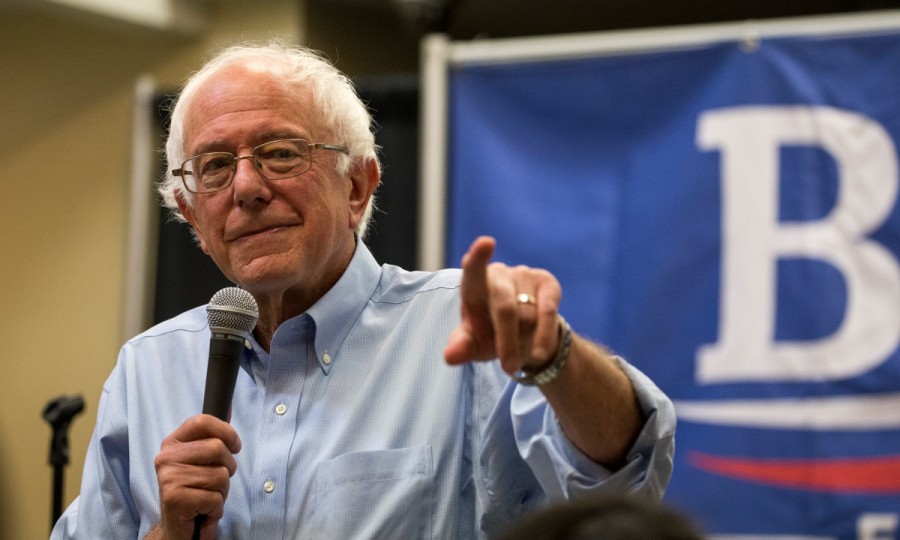Three takeaways from the New Hampshire primaries
February 10, 2016
This past Tuesday, Feb. 9 the second state primary occurred in the New Hampshire, after the Iowa Caucuses Feb.1. Bernie Sanders and Donald Trump emerged victorious in the Democratic and Republican primaries, respectively.
- Bernie Sanders and Donald Trump back up wire to wire lead in New Hampshire polls.
All throughout the presidential race, the major concern for both Donald Trump and Bernie Sanders has been if they would be able to receive the same amount of support in the New Hampshire primaries as they were receiving in the polls. This was especially evident for Trump after his second place finish in the Iowa Caucus although he was consistently leading in most polls leading up to the Caucus. The same skepticism emerged for Sanders’ convincing lead in the New Hampshire polls, as most of his supporters are millennial women; this demographic group is one of the most unreliable members of the electorate in terms of getting out to vote. Nevertheless both Sanders and Trump proved their poll numbers were not a fluke. Trump more than doubled the amount of delegates than Kasich, the second place finisher received, and Sanders received 60 percent more delegates than that of Hillary Clinton. The big question for Sanders now is if he can maintain this momentum going into South Carolina and Nevada.
2. John Kasich has emerged as an establishment contender, but don’t get too excited.
Finishing second in the primary, John Kasich has gone from one percent in the national polls to becoming a viable candidate. Kasich, a more moderate candidate, is known for his “taking the high road” mentality in which he strays away from criticizing other candidates. Additionally his seemed-maturity and positivity leads many to believe he may be the more electable than his more conservative counterparts, such as Ted Cruz and Donald Trump.
However, stay skeptical of Kasich’s actual chance to become the GOP nominee. In reality, he still had less than half of the votes Trump received, and heading into more conservative states such as South Carolina, his chances start to dwindle due to his moderate stance on most issues. On top of this, he had to focus a lot of his campaign efforts in New Hampshire, leading to a lack of campaigning in following states which could potentially hurt him in the long run.
3. Marco Rubio’s bounce from the Iowa Caucus is deflated.
In the days surrounding the New Hampshire primaries, if you were to put in “Marco Rubio” on Google, the first two suggested searches were “Marco Rubio debate” and “Marco Rubio robot.” For the Rubio campaign, there could not be a worse scenario. Marco Rubio’s poor performance at the GOP debate previous to the N.H. primaries obviously had spread like a wildfire.
The “Marco Rubio robot” suggested search refers to people who are criticizing Rubio for his repeated line attacking Barack Obama. Chris Christie specifically brought Rubio’s robotic performance to the spotlight, by calling it a “memorized 25 second speech.” This may have affected Rubio’s performance in New Hampshire, as he finished in fifth place. His momentum coming from his strong performance in Iowa has ceased, and Rubio’s road to the White House has suddenly become hard to imagine.
Photo courtesy of Flickr.





